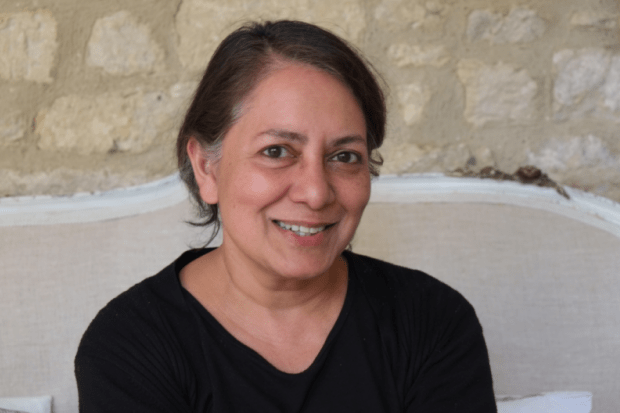A leading epidemiologist has criticised the “nervousness” of scientists to discuss the idea that herd immunity may end the coronavirus epidemic, saying social media attacks on those raising the concept have chilled open scholarly debate.
“We need a sensible debate on this issue,” Sunetra Gupta, professor of theoretical epidemiology at the University of Oxford, told Times Higher Education. She said she had been labelled “unethical” and “dangerous” by fellow academics for suggesting that many more Britons might be resistant to the virus than previously thought as a result of exposure to Covid-19 and other seasonal coronaviruses, and that lockdown measures may therefore have been unnecessary.
Given how coronavirus case rates had not spiked in London, New York and other heavily exposed cities after lockdown restrictions were eased, it was time to ask whether herd immunity had been reached in many locations – possibly at a “much lower threshold” than the 70 per cent level normally required for many diseases, said Professor Gupta.
However, furious online denunciations of those discussing herd immunity, which often used “religious” and “puritanical” rhetoric, made it difficult to begin a debate on this important issue, she claimed.
“Herd immunity is what happens in most epidemics – it is the impediment to a virus that naturally leads to population-level immunity,” said Professor Gupta. “It is not unethical to talk about it and there is no implication that some people are dispensable – some people may die but we accept [this risk] with any disease in the world,” she added, saying some 20,000 people died of influenza in the UK each year “but we do not introduce lockdowns”.
“Instead, we reach some level of accommodation with a disease – herd immunity is part of that and it should not lead to an implication that we are somehow being unethical.”
Such highly charged criticism of her research – including a preprint paper in March that suggested that infection mortality rates from coronavirus may be “much lower” than the 0.5 per cent initially estimated in many countries – meant her team had struggled to get published in top journals, said Professor Gupta.
“We came up against so much criticism from academics on social media, or who wrote letters to newspapers or journals claiming that our work was not just wrong, but unethical and dangerous,” she explained.
“We did enquire with a journal to see if they were interested in it but didn’t hear anything – it was clear that there was too much nervousness in this whole area for it to be published,” added Professor Gupta, who said other preprints supporting the concept of natural immunity had also failed to be picked up for review.
This “missing debate” within the coronavirus literature also had implications when considering whether students should return to universities this month, said Professor Gupta, given how infections among low-risk groups of younger people could help to accelerate herd immunity, leading to an end to wider coronavirus restrictions.
“Sending young people back to university is a win-win,” claimed Professor Gupta. “They are not at serious risk themselves and by becoming immune [through infection], it lowers the risk for others,” she said.
On the potential threat to older academics, Professor Gupta replied: “I am 55 years old but I am happy to take this risk, which is very low and on par with other risks I face every day.”
Vulnerable groups should, she argued, be “aggressively shielded” and sensible precautions taken, but “it was wrong to deny students a proper university education involving face-to-face contact for a whole year – and possibly several years”.
“We need to get [coronavirus] to an endemic state…by letting young people mix and live their lives, which will help society to build up immunity,” she added. “We cannot afford to wait for a vaccine.”
POSTSCRIPT:
Print headline: Epidemiologist argues social media attacks ‘stifling coronavirus debate’
Register to continue
Why register?
- Registration is free and only takes a moment
- Once registered, you can read 3 articles a month
- Sign up for our newsletter
Subscribe
Or subscribe for unlimited access to:
- Unlimited access to news, views, insights & reviews
- Digital editions
- Digital access to THE’s university and college rankings analysis
Already registered or a current subscriber? Login








